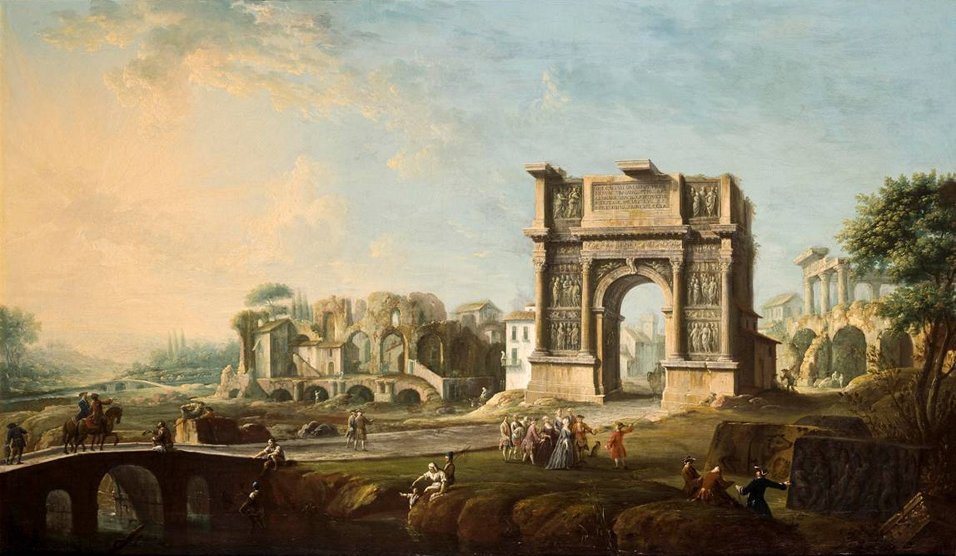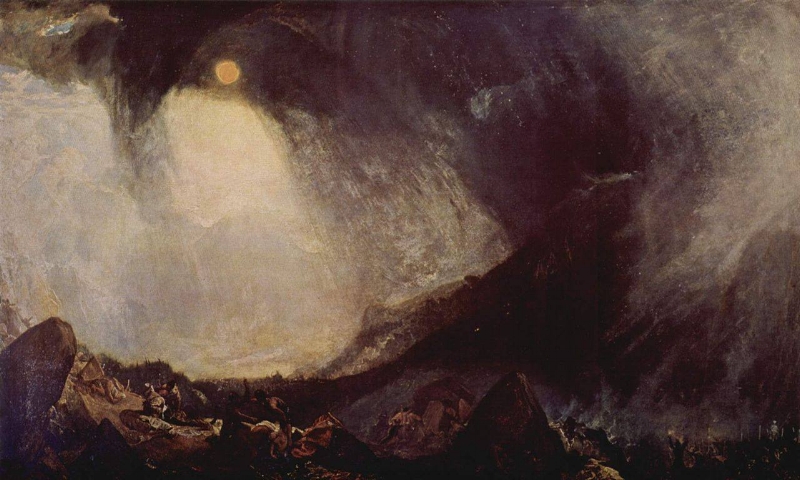Jon Kerr's Tuesday Verse
Selections of Shelley’s Poetry & Prose
Tuesday Verse is a new feature of The Real Percy Bysshe Shelley that brings you close to his poetry and, occasionally, prose. Each Tuesday we will deliver to you a poem or excerpt of a poem which Romantic scholar Jon Kerr will offer some brief thoughts about. Jon will also pair the offering with an image that may offer some context. We welcome suggestions for future posts as well as your own ideas about what you think Shelley is trying to accomplish with his verse. Enjoy!!
Jon is a recently graduated from the University of Toronto with his PhD in English literature with a specialization in the Romantics. He is currently at Mount Alison University in New Brunswick, Canada on a post doc fellowship.

PB Shelley, “To S and C” (1819-20)
In 1820, Shelley began toying with the idea of publishing (as he put it) “a little volume of popular songs wholly political & destined to awaken & direct the imagination of the reformers.” As with other poems to be included in this collection, “To S. and C.” confronts some of the major events of the day with a bouncy, catchy rhythm, and it offers instruction through a collection of straightforward but powerful similes. Such a style of writing seems to affirm the view that England’s common people, and not just educated elites, have a part to play in the country’s reform movements.

P.B. Shelley, “Ode to Liberty” (1820)

Percy Bysshe Shelley, “Men of England”
In Europe’s revolutionary era, the contest over hearts and minds was fought across many cultural arenas. We get a sense of this in “Men of England,” a poem written in the style of the popular songs that, in the England of Shelley’s day, would have been the stuff of riotous sing-alongs in pubs, fairs, and other centres of public life.

P.B. Shelley, “A New National Anthem” (1819 or 1820)

P.B. Shelley, “Sonnet: Political Greatness” (1820 or 1821)

P.B. Shelley, "Ode to the West Wind" (1819)

P.B. Shelley, “To the Lord Chancellor”
As American’s go to the polls today in a series of epochal mid-term elections, Shelley’s To the Lord Chancellor seems a more than appropriate choice for our Tuesday Verse selection. As Timothy Webb once noted, politics was perhaps the consuming passion of Shelley’s life. On the 6 November 1819, right around the time he might have been writing this poem, Shelley wrote to his friends the Gisbornes saying, “I have deserted the odorous gardens of literature to journey across the great sandy desert of Politics; not, you may imagine, without the hope of finding some enchanted paradise.” Shelley was what was known as a perfectibilist, someone who believed in the perfectibility of humans. He even developed a sophisticated political and social theory to compliment this belief. This does NOT mean Shelley was a utopian - he emphatically was not. But he did believe in the gradual evolution of the human species toward something like perfection.

“Time” by Percy Bysshe Shelley
In his life and writings, Shelley was fascinated with the element—water—that would one day take his life. In the above poem, Shelley explores another subject, “time,” by linking it to the great waterways of the world.

